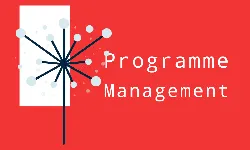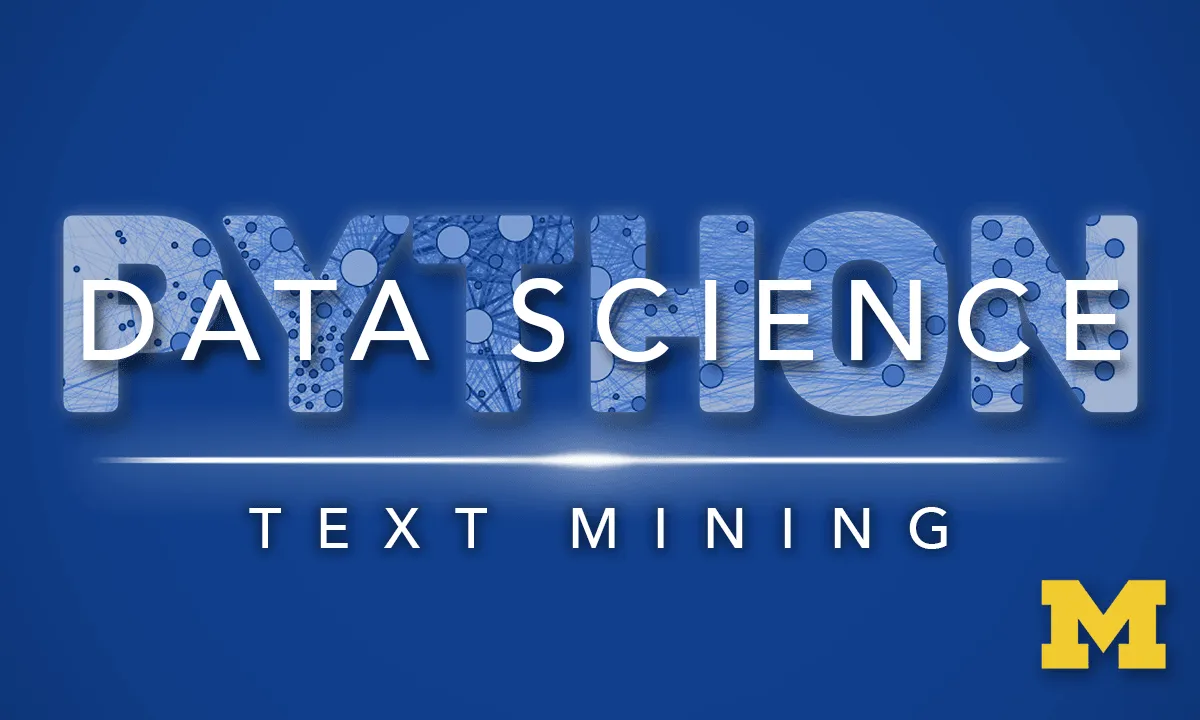
Natural Language Processing and Language Understanding in Educational Research 
This course provides an introduction to Natural Language Processing (NLP) and Natural Language Understanding (NLU) for educational practitioners, leaders, and researchers. It covers the analysis of unstructured data such as student writing, responses to learner surveys, interview data, or transcripts from an educational setting. Participants will learn about examples of unstructured data in educational settings, research problems and questions that can be addressed with natural language data and tools, and tools and techniques for preparation and analysis of unstructured educational data. The course also includes short applied assignments with unstructured data. ▼
ADVERTISEMENT
Course Feature
![]() Cost:
Cost:
Free
![]() Provider:
Provider:
Edx
![]() Certificate:
Certificate:
No Information
![]() Language:
Language:
English
![]() Start Date:
Start Date:
3rd Sep, 2018
Course Overview
❗The content presented here is sourced directly from Edx platform. For comprehensive course details, including enrollment information, simply click on the 'Go to class' link on our website.
Updated in [May 17th, 2023]
This course provides an overview of natural language processing (NLP) and natural language understanding (NLU) for educational practitioners, leaders, and researchers. It introduces analysis of and analytical tools for research work with unstructured data such as student writing, responses to learner surveys, interview data, or transcripts from an educational setting.
The course will cover topics such as examples of unstructured data in educational settings, research problems and questions that can be addressed with natural language data and tools, and tools and techniques for preparation and analysis of unstructured educational data. Participants will also complete short applied assignments with unstructured data.
By the end of the course, participants will have a better understanding of natural language processing and natural language understanding, and how to apply them to educational research.
[Applications]
After this course, participants can apply the knowledge and skills acquired to their own educational research. They can use the tools and techniques learned to prepare and analyze unstructured educational data, and use the data to answer research questions and address research problems. Additionally, they can use the examples of unstructured data in educational settings to identify potential sources of data for their own research.
[Career Paths]
1. Natural Language Processing Engineer: Natural language processing engineers are responsible for developing and implementing algorithms and models to process and analyze natural language data. They must have a strong understanding of machine learning, natural language processing, and data analysis. As the use of natural language processing in educational research continues to grow, the demand for natural language processing engineers is expected to increase.
2. Natural Language Understanding Researcher: Natural language understanding researchers are responsible for researching and developing algorithms and models to understand natural language data. They must have a strong understanding of natural language processing, machine learning, and data analysis. As the use of natural language understanding in educational research continues to grow, the demand for natural language understanding researchers is expected to increase.
3. Educational Data Scientist: Educational data scientists are responsible for analyzing and interpreting educational data to identify trends and patterns. They must have a strong understanding of data analysis, machine learning, and natural language processing. As the use of data science in educational research continues to grow, the demand for educational data scientists is expected to increase.
4. Natural Language Processing Consultant: Natural language processing consultants are responsible for providing advice and guidance to educational practitioners, leaders, and researchers on the use of natural language processing and natural language understanding in educational research. They must have a strong understanding of natural language processing, machine learning, and data analysis. As the use of natural language processing in educational research continues to grow, the demand for natural language processing consultants is expected to increase.
[Education Paths]
Three degree paths that are recommended for learners interested in natural language processing and language understanding in educational research are:
1. Master's Degree in Natural Language Processing: This degree program provides students with a comprehensive understanding of natural language processing and its applications in educational research. Students will learn about the fundamentals of natural language processing, including text analysis, machine learning, and natural language understanding. They will also gain experience in applying these concepts to educational research projects. Additionally, students will explore the latest trends in natural language processing and language understanding, such as deep learning and natural language generation.
2. Doctoral Degree in Educational Technology: This degree program focuses on the use of technology in educational research. Students will learn about the fundamentals of educational technology, including data analysis, machine learning, and natural language processing. They will also gain experience in applying these concepts to educational research projects. Additionally, students will explore the latest trends in educational technology, such as artificial intelligence and virtual reality.
3. Master's Degree in Educational Data Science: This degree program provides students with a comprehensive understanding of data science and its applications in educational research. Students will learn about the fundamentals of data science, including data analysis, machine learning, and natural language processing. They will also gain experience in applying these concepts to educational research projects. Additionally, students will explore the latest trends in data science, such as predictive analytics and big data.
Course Provider

Provider Edx's Stats at AZClass
Discussion and Reviews
0.0 (Based on 0 reviews)
Explore Similar Online Courses

Become A Forex Trader - Learn FX Trading (2023 Updated)

Program Management: Stakeholders Identification in ClickUp

Python for Informatics: Exploring Information

Social Network Analysis

Introduction to Systematic Review and Meta-Analysis

The Analytics Edge

DCO042 - Python For Informatics

Causal Diagrams: Draw Your Assumptions Before Your Conclusions

Whole genome sequencing of bacterial genomes - tools and applications

Text Analytics 2: Visualizing Natural Language Processing

Applied Text Mining in Python


Start your review of Natural Language Processing and Language Understanding in Educational Research